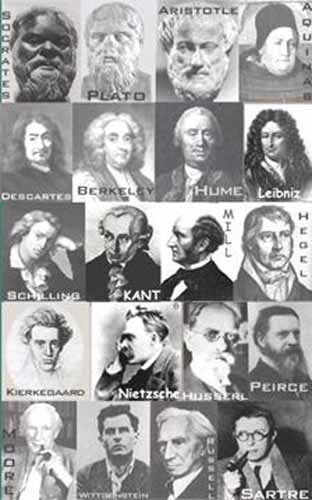
Your philosophies on life can be simple or complicated depending on your thought processes and your conclusions about how things work.
The 21st Century begs the age old questions: Who am I? Why am I here? How can I make a difference? Do humans have free will? The answer is no.
We are programmed illusion in a simulation our behavior and philosophies dictated by our DNA codes.

Philosophy is the study of general and fundamental problems concerning matters such as existence, knowledge, values, reason, mind, and language. The term was probably coined by Pythagoras (c. 570-495 BC). Philosophical methods include questioning, critical discussion, rational argument and systematic presentation. Classic philosophical questions include: Is it possible to know anything and to prove it?What is most real? However, philosophers might also pose more practical and concrete questions such as: Is there a best way to live? Is it better to be just or unjust if one can get away with it? Questions and more questions that change with the times/timelines. Read more ...
Every advanced ancient civilization had philosophers and teachers, often playing roles in science (alchemy) and pseudoscience a all things are connected. Since the 20th century professional philosophers contribute to society primarily as professors, researchers and writers. However, many of those who study philosophy in undergraduate or graduate programs contribute in the fields of law, journalism, politics, religion, science, business and various art and entertainment activities. Today most of us have our own philosophies on the way the world works and the direction it is taking.